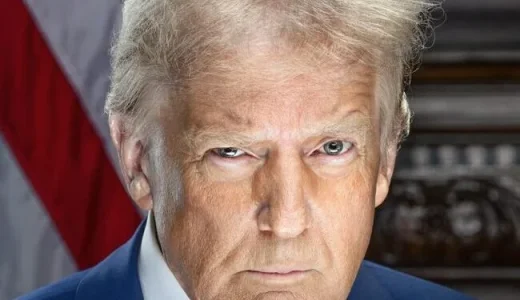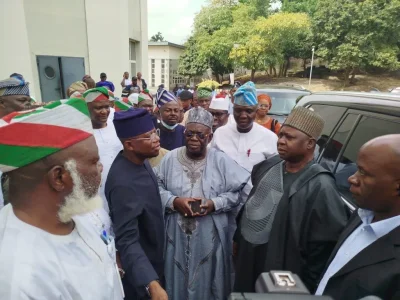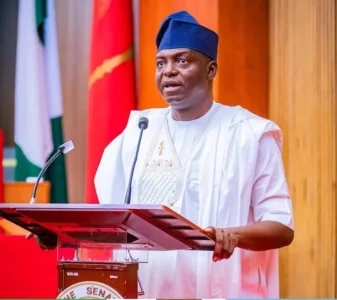
Nigeria's Power Minister, Bayo Adelabu, advocates for the cessation of electricity subsidies, citing disparities in regional pricing. Adelabu reveals that Nigerians pay significantly less for electricity compared to citizens in poorer neighboring countries like Mali, Togo, and Guinea, highlighting the need for tariff adjustments to reflect actual costs.
Despite Adelabu's assertions, critics lambast him over the nation's dismal power supply, labeling him as Nigeria's worst power minister. The call to end subsidies amplifies grievances amid economic woes, following President Tinubu's removal of fuel subsidies, which sparked nationwide protests and exacerbated inflation.
Nigeria's inflation rate has surged to 31.70%, with skyrocketing food prices attributed to the fuel subsidy removal. The populace faces escalating economic hardship, prompting calls for reduced levies and taxes from officials like Fashola to alleviate the burden.
Adelabu's proposal, occurring against a backdrop of socioeconomic turmoil, underscores the complex interplay between policy decisions, economic realities, and public sentiment in Nigeria's power sector. As citizens grapple with mounting challenges, Adelabu's stance ignites debates on the government's ability to balance affordability and sustainability in energy provision.




